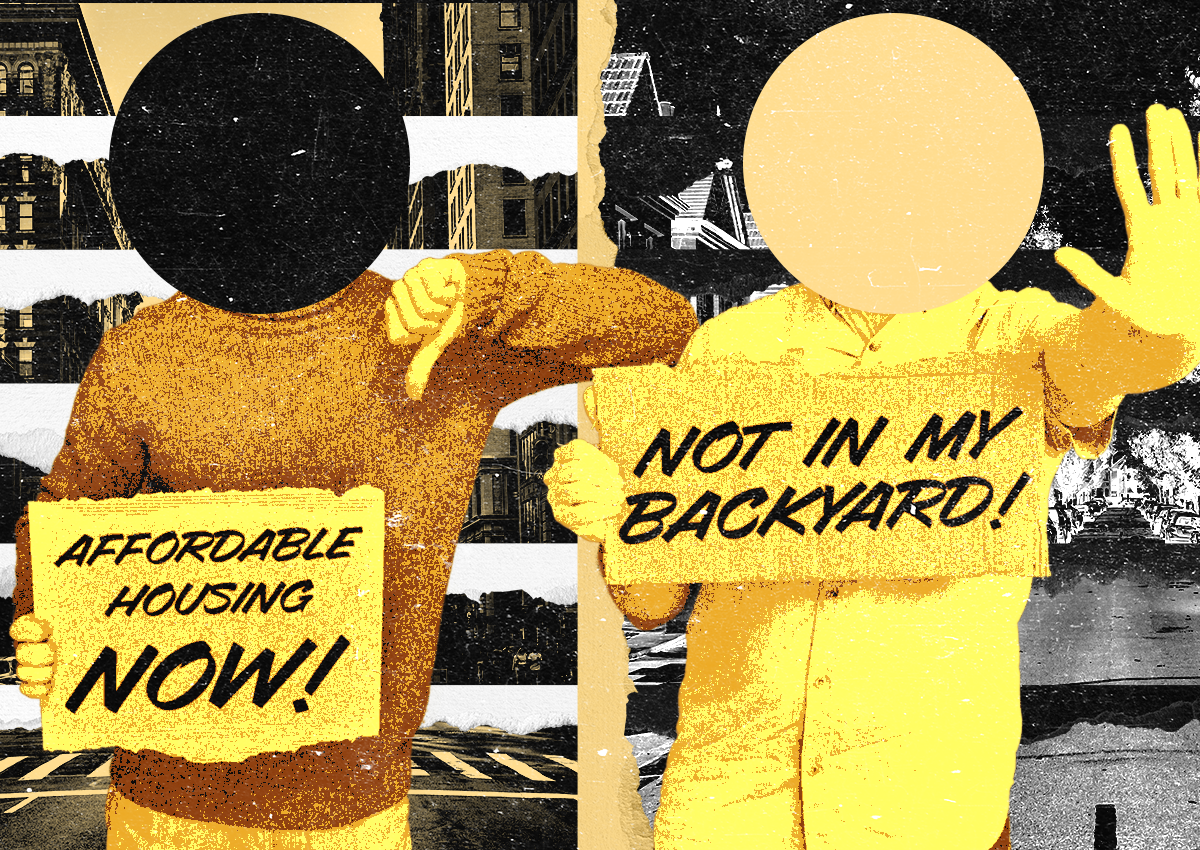A
recent poll conducted for the Connecticut Mirror found that nearly three-quarters of Democratic voters support a state policy requiring cities and towns to create zoning for affordable housing, while two-thirds of Republican voters oppose it. Initially, ideology seemed like the primary driver of this partisan divide, but further analysis revealed that geography, age, and income also play significant roles.
Suburbanites are more likely than city dwellers to dislike the idea of forced affordable housing in their communities, and people who live in the suburbs are more likely to be Republicans. This suggests that place may matter more than party when it comes to this issue. Suburban residents often cite a desire for safe neighborhoods with good schools as reasons for opposing affordable housing, which is correlated with income.
While suburban Democrats also tend to oppose forced zoning for affordability, they are less supportive than their urban counterparts. The poll found stronger support for the idea in cities like New Haven and Hartford compared to wealthier areas like Fairfield. Younger voters (18-24 years old) and those earning under $100,000 also showed more support.
Despite the partisan divide, 51% of Connecticut voters overall supported making localities zone for affordability. However, polls often show a majority of people endorsing housing development in hypothetical scenarios but opposing it when it's proposed in their own neighborhood. Pro-housing groups have gained momentum in Connecticut, and the poll gives them hope while also highlighting the obstacles they face.
A group like Partnership for Strong Communities aims to ensure a variety of housing types across all communities, but its goals don't explicitly mention the mandate pitched by the poll. Instead, it focuses on requiring towns to report on land use decisions, which was achieved through a bill signed into law in June. This can be seen as a step towards addressing the issue.














